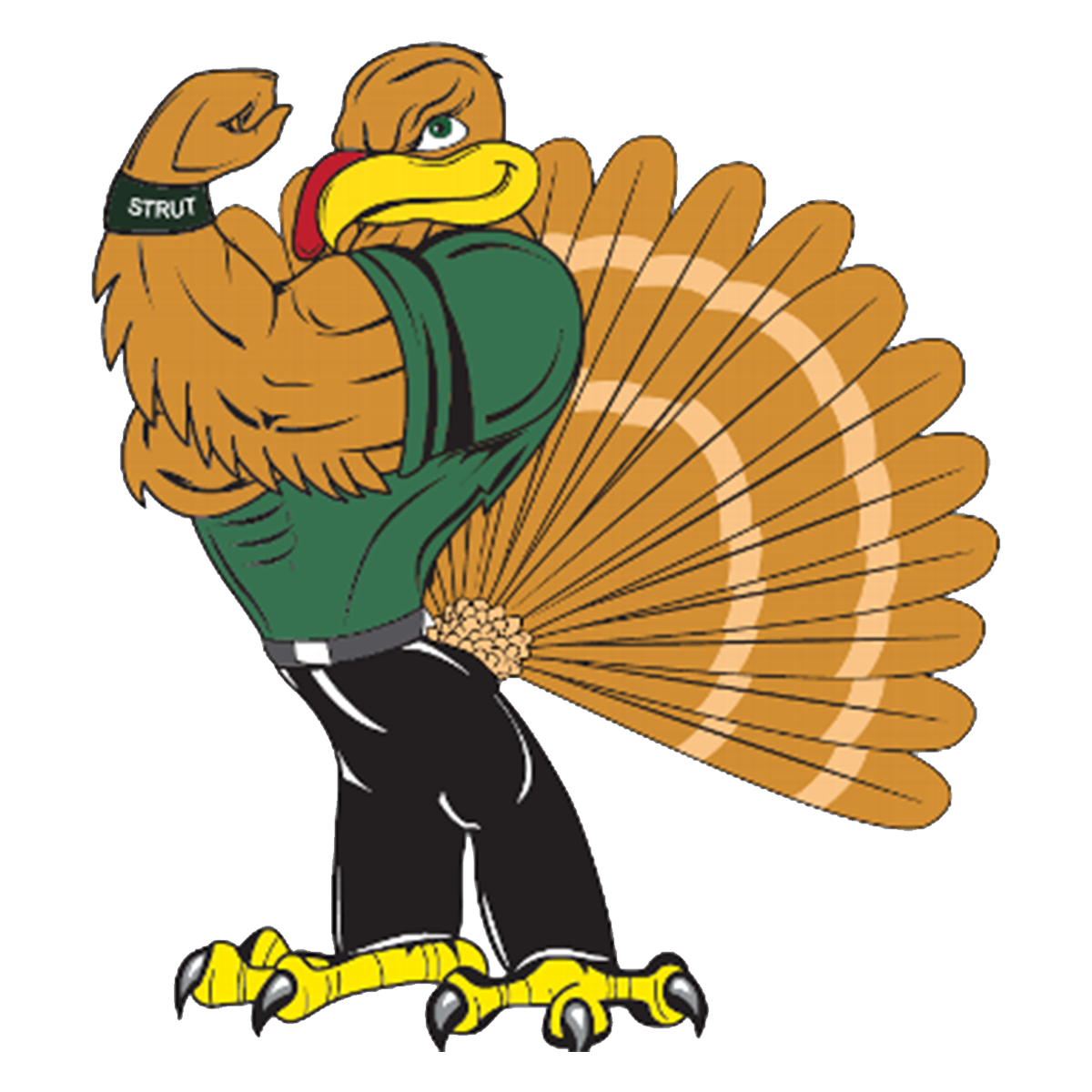Skip to content
Honor Code
Broadway High School Honor Code
Students by the Code of Honor: I have neither given nor received unauthorized aid on this piece of work, nor have I knowingly tolerated any violation of the honor code.
Definitions
Academic dishonesty is defined as knowingly giving or receiving information or assistance on any graded work that is understood to be an example of individual effort. Cheating/academic dishonesty will be considered to include these activities or overt attempts at these activities:
1. coercing a student to provide aid or access to that student’s test, quiz, research paper,
homework assignments, or any other assignments;
2. theft of another student’s work
3. copying another student’s work;
4. deliberately allowing copying of any work by another student;
5. giving or receiving test or quiz questions and answers;
6. unauthorized talking between students during a test;
7. use or possession of unauthorized study aids during a test;
8. having in your immediate possession unauthorized materials that could be of assistance
during testing or another form of evaluation. It is the student's responsibility to remove all
such material from his/her proximity during a test or another form of evaluation;
9. possessing or accessing written or electronic information that is considered to be of
assistance in completing a graded assignment. The individual teacher will determine
cheating on homework. It is the student’s responsibility to make sure he/she understands
whether or not collaboration is permitted on an assignment.
Fraud is the falsification or misrepresentation of data. This includes the misuse of computer files.
Stealing is the act of taking something that does not belong to you.
Lying is knowingly telling an untruth or falsifying information.
Plagiarism encompasses, but is not limited to, the following:
a. presenting as one's own the works or the opinions of someone else without proper acknowledgement.
b. borrowing of the sequence of ideas, the arrangement of materials, or the pattern of thought of someone else without proper acknowledgement. Some examples of plagiarism are
● using sentences from a work or the internet and only changing a few words or using
synonyms; having a parent or another person write an essay or do a project which is then
submitted as one's own work;
● using the Internet to locate prepared essays or papers to submit as original work;
● AND/OR failing to use proper documentation and bibliography. You can avoid plagiarism on
short assignments and limited research by reading without taking notes for 20 to 30
minutes, then summarizing your ideas in your own words, checking statistics, and giving
credit to the sources.
Consequences
First Offense:
Zero for the graded work involved; call to the student’s parent/guardian. Saturday School assigned.
Second Offense:
Zero for the graded work involved; call to the student’s parent/guardian; Two (2) Saturday Schools assigned.
Third Offense:
Zero for the graded work involved; call to the student’s parent/guardian; Three (3) day suspension.
Fourth Offense:
Zero for the graded work involved; call to the student’s parent/guardian; Five (5) day.
Note: Partial credit may be awarded at the discretion of the teacher and administrator, based on the weight of the assignment.
I, ___________________________, a student at Broadway High School, acknowledge the importance of honorable behavior. I understand the expectations for appropriate behavior and the consequences for inappropriate behavior.
For every assignment I turn in this year, I promise I will neither give nor receive unauthorized aid on apiece of work, nor will I knowingly commit or tolerate any form of Academic Dishonesty.
Student Signature: ________________________________________________________________
Date: _____________________
